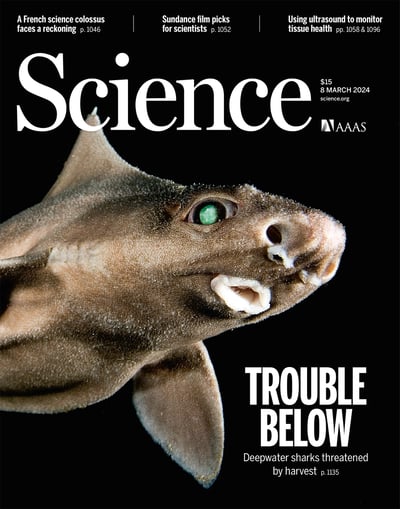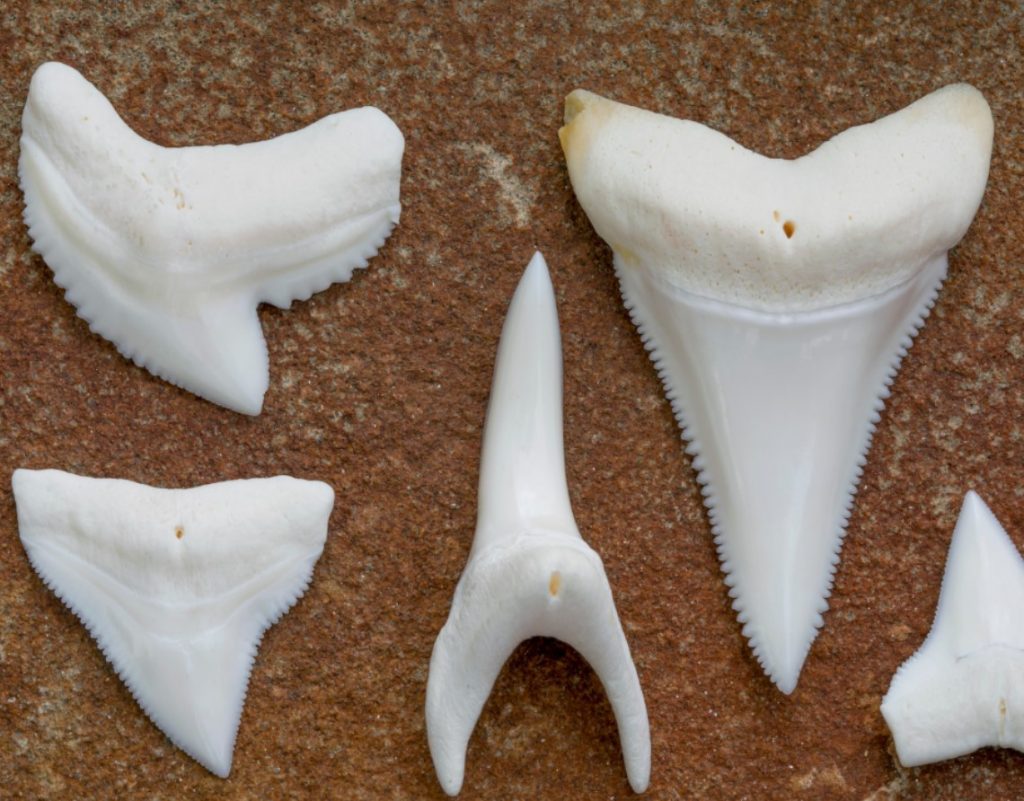Deepwater elasmobranchs are especially vulnerable to extinction due to their slow growth, long generation times, and minimal offspring production. Adding to the peril, much of their habitat remains unmanaged and lacks conservation efforts.

A recent study published in Science sheds light on the alarming situation of deepwater sharks and rays globally. The study finds that many species dwelling beyond 200 meters (~650 feet) are on the brink of extinction due to overfishing. This is especially disheartening considering how little we know about these animals – in fact several new species of deepwater elasmobranchs (the group that includes sharks and rays) are described each year. Despite ongoing discoveries of new deepwater elasmobranch species, they are being fished toward extinction at an alarming rate.
This pattern is seen worldwide: overfishing along coastlines forces fishing activities into deeper waters, often outpacing our knowledge of these environments. As scientists strive to catch up, fisheries deplete, and species disappear. With little insight into their movements and ecology, protecting these species and their habitats becomes increasingly challenging.
As the authors of the paper point out, the only way forward is international cooperation for the conservation of the most vulnerable species and habitats on the planet.
Witness an intriguing discovery made during our exploration of deepwater fisheries in the MesoAmerican Region.

During a recent expedition off the Atlantic coast of Honduras, our team encountered a juvenile Atlantic sixgill shark (Hexanchus vitulus) bearing one of our tags at 230 meters (755 feet). This unexpected find sheds light on the potential resilience of these sharks when promptly released by fishers after incidental capture.
Ivy Baremore, our deep-sea expert and Technical Coordinator, comments: “Our research in the MesoAmerican Region since 2015 has revealed a concerning shift among fishers toward deeper waters. The discovery of a juvenile Atlantic sixgill shark off the coast of Honduras is both thrilling and informative, underscoring the importance of conservation efforts in safeguarding their habitats.”
Sponsors: MAR Fund, Save Our Seas Foundation, Rufford, Summit Foundation, Oak Foundation, Marine Conservation Action Fund, Experiment Foundation, Wildlife Conservation Network.
Partners: Roatan Marine Park, BICA, Instituto de Conservación Forestal (ICF), Belize Fisheries Department.



